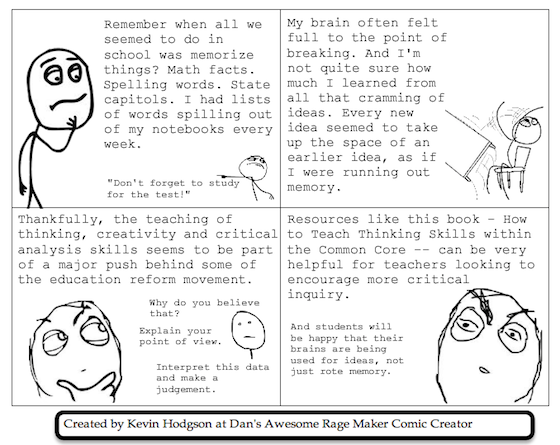
As we move into a research project in which my sixth graders will write a short piece about a topic that they consider important to the country, I had them become political pollsters. All of my students spent the last week, asking 10 people questions about the issues that they consider to be most important for the next president to deal with. (Note: the polling sheet was from Time for Kids, and had the categories you see above). Yesterday, we collated our data (from about 700 total responses) and I won’t even venture a guess on the margin of error, here, but it was a fruitful endeavor for teaching them how to ask questions, how to gather data in a chart and a graph, and how to notice trends in information.
I had struggled a bit with how best to collect all the data, and in the end, I had them work in groups to collate numbers, and then, as a class, we used a Excel spreadsheet on the Interactive Board to bring together each class’s numbers, which then tallied up all four classes into a nice compilation.
It won’t be a surprise to see that the economy was clearly the top at the end of the day. This led to discussions about why that is, and they were surprisingly insightful about the struggles that are going on and how people (including their parents) are looking to the next president to boost the economy. As one of my students thoughtfully said, “If the economy is fixed, then they (the president) can turn their attention to those other things (education, health care, etc.). But if the economy is not good, then that’s all people talk about. ”
I agreed with my student. You?
Peace (in the polling data),
Kevin











